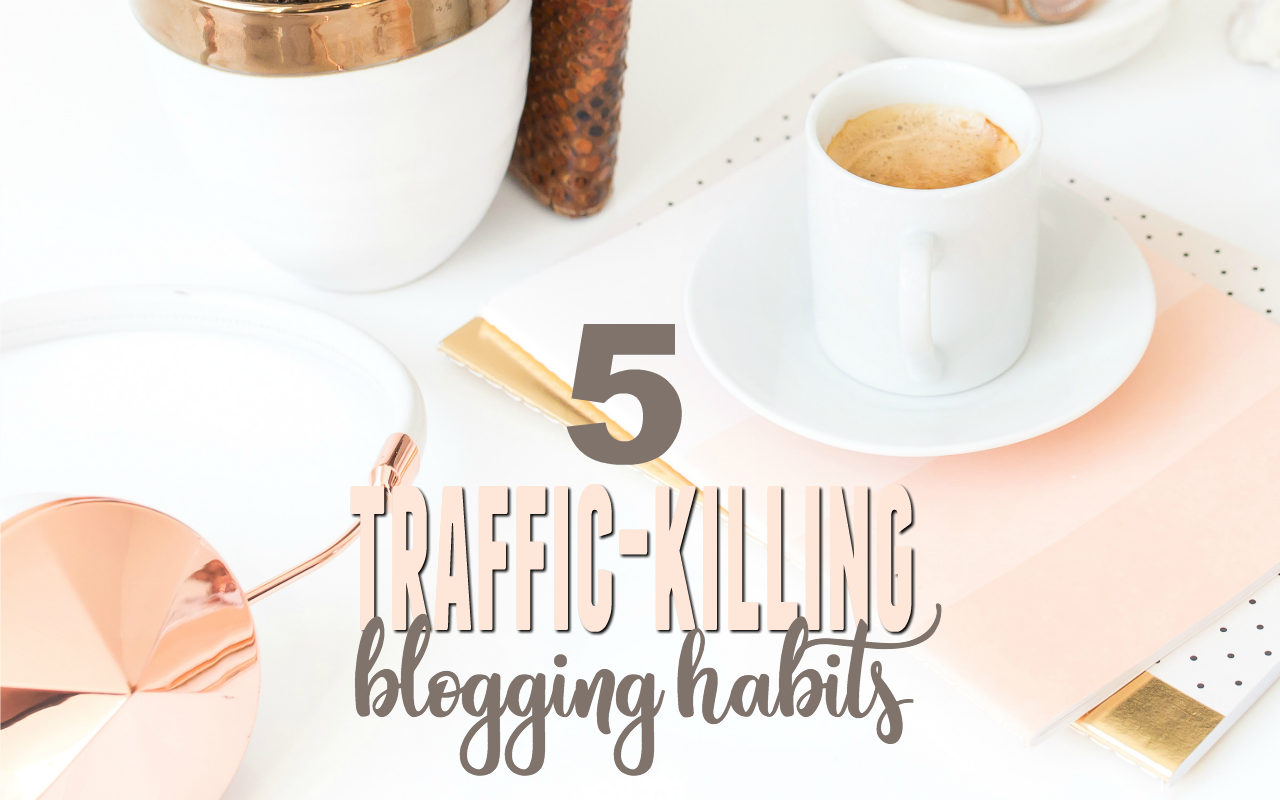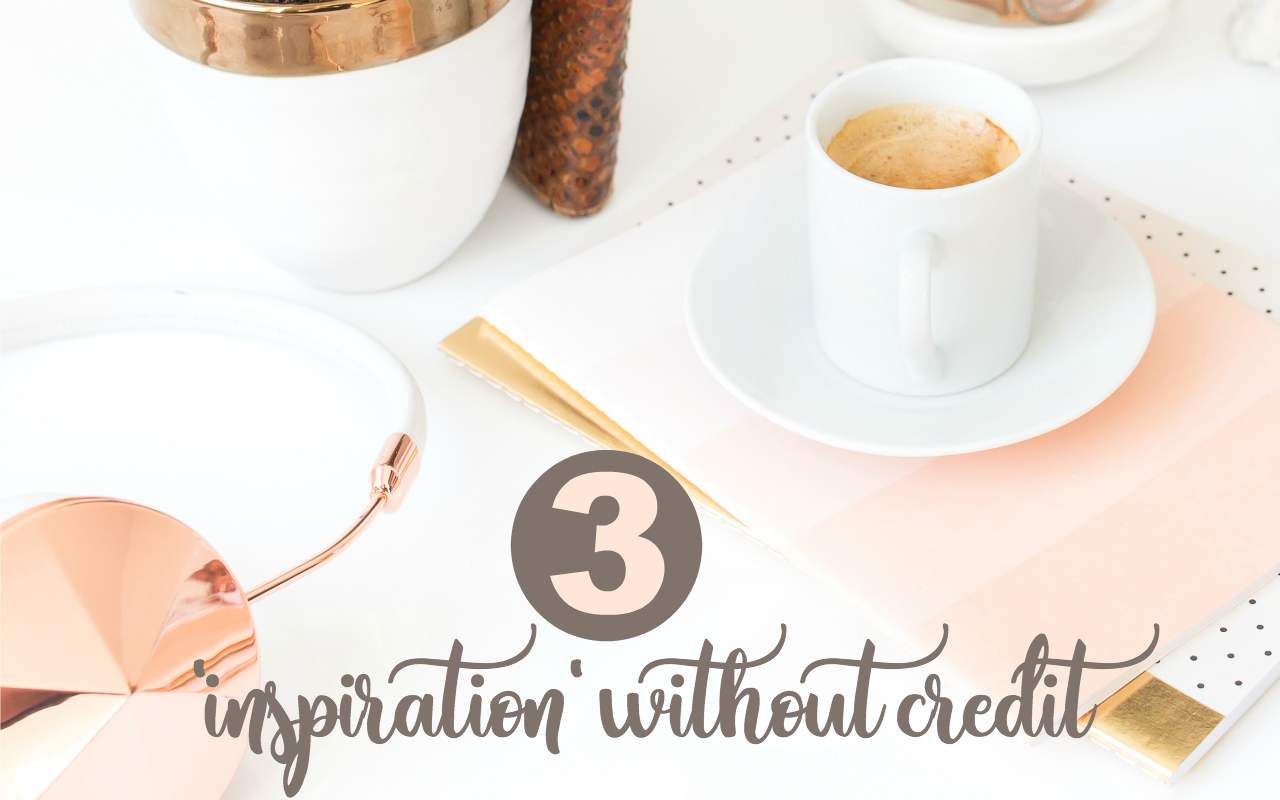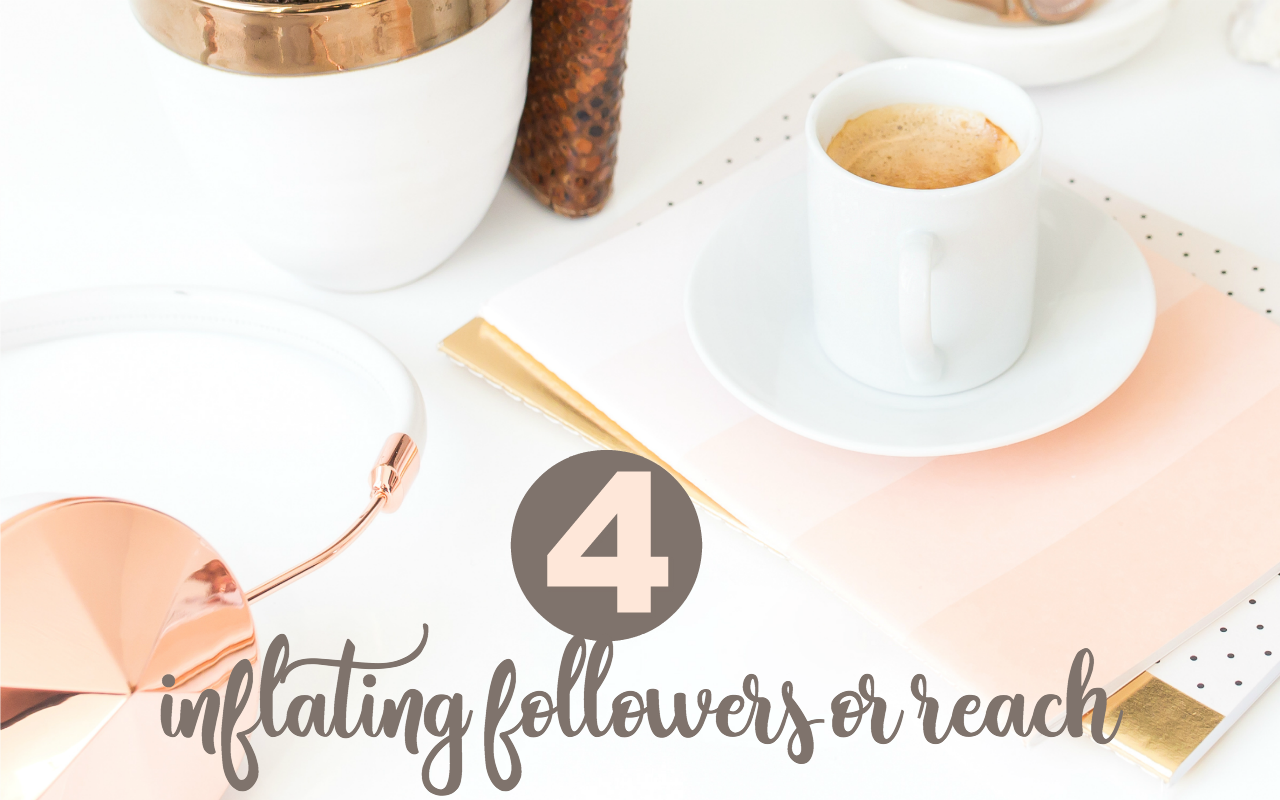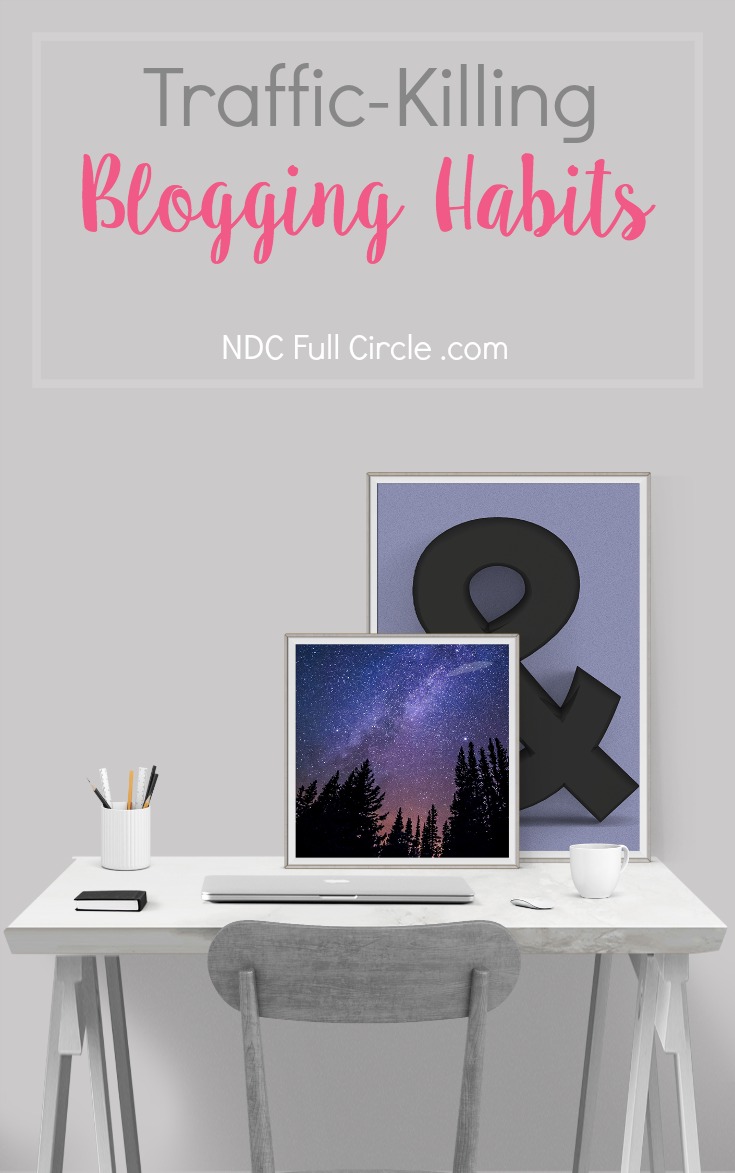These bad blogging habits will stunt your traffic growth, earnings, and opportunities. Avoid them at all costs in order to earn a continuous income from blogging.
Bad Blogging Habits – Could You Be the Problem?
You put in HOURS each week, toiling over content, social media, product-creation, affiliate promotion, images, and so much more. And as you work, the barrier to entry for blogging gets lower and lower, increasing your ‘competition’ for traffic and earnings.
What you might not realize is that you might also be sabotaging yourself with some bad blogging habits! And I’m not just talking about new blogger mistakes. Today, I’m ripping off the bandage and talking about what could be keeping you from earning your full potential online.
There are affiliate links in this article which means, at no additional cost to you, we could receive compensation for our recommendations. You can read our full disclosure policy.
You Focus Too Much On Yourself
When we blog, we share ourselves with our readers. Heck, it’s what draws people in! But problems arise when we don’t relate our problem and solution with our readers.
This is best explained with an example. Let’s say you’re a travel blogger and you were robbed on one of your trips to India.
Self-Centered: You describe the robbery, the report to the authorities, and the aftermath effect it had on the rest of the trip.
Reader-Focused: Your hook would be the emotional ordeal, similar to the story above. The bulk of your article, however, would be about the steps travelers could take to ensure their safety.
Ask yourself:
- What do I want the reader to take away from this article? How am I providing help?
- Are there additional resources which would contribute to the discussion? Should I link to State Department data, important phone numbers or associations in India, etc.?
- Is there a call to action the reader should take? There might be an opportunity to include an affiliate link for trip insurance, a sign up to your newsletter for your “Safety While Traveling in India” guide, etc..
 No Disclosure or Masked Disclosures
No Disclosure or Masked Disclosures
You knew this one was coming. Using cutesy terms or publishing partner content on your personal profile is not approved by social networks or US governing law. And due to recent announcements from the FTC, ‘affiliate link’ isn’t even enough!
If you share affiliate products, you disclose. Period. So where should you disclose?
- It should appear in each and every blog post before the first outbound link (or very, very close to it if it comes after).
- A disclosure should appear in every email marketing correspondence you send if you’re sharing an affiliate link.
- Disclosures should be on your policies page.
- For every share which goes directly to an affiliate, you need to disclose on ALL social networks. Each share, each network.
Stealing Content (or Using It as “Inspiration” Without Citation)
In one of my masterminds, a few bloggers have repeatedly talked me down from a ledge about this. Let me share what continuously happens to me…
- I publish a post here on NDC. Yay!
- I share the post, primarily into Tailwind tribes for bloggers (and bloggers who blog about blogging). Yay!
- The same two bloggers write and publish a post which looks VERY similar within 2-4 weeks. Not. So. Much. Yay. because they don’t even drop a link back (which would ACTUALLY HELP THEM WITH THEIR SEO). #canyoutellitbothersme
It’s a bit of a joke now because honestly if I don’t laugh about it, it would drive me bananas! My point: don’t do this. It’s shady and we bloggers are smart enough to figure it out eventually. We’ll stop sharing those bloggers’ content and won’t feel a bit of guilt.
Even if it wasn’t an exact copy (read about derivative works here), it could land you in legal hot water if someone presses the issue.
Inflating Followers (or Engagement) In Order to Monetize
Did you just roll your eyes?
Was there a tiny little alarm bell in your gray matter, followed by a, “Whatever, all bloggers do it!” retort?
Whether it’s fudging in a pitch letter or buying followers, refrain.
If you want to monetize a social network, do not buy followers. It’s one of the bad blogging habits I included because it doesn’t help you with your own product sales, affiliate sales, and it’s helping less and less with sponsored content.
A brand, collaborator, or another blogger can check your social followers in about 30-seconds using tools like “Fake Followers Check.” Many brands and agencies are also keen to the use of reciprocal groups (likes, shares, or comment threads for sponsored content and/or Instagram pods). And while share threads and Instagram pods seem like a great idea, the engagement received might not be the best foundation on which to build an income-earning business.
Psst: the tools which brands and network managers have are getting much better at determining what is real and what is manufactured. Ruh-roh, Shaggy.
And the icing on this poo-pile of a cake is that, just like us bloggers, brand managers talk to each other.
Keyword Stuffing and “Bad SEO”
How is this still happening? And from big bloggers, too!
Three days ago I read a post which actually prompted this article. The post was so full of keywords that the rest of the words seemed to be included as filler!
It was awful to read, but that wasn’t the worst of it. The real damage isn’t that the reader clicks off (never to return). The blogger has the bigger problem:
Search. Engines. Are. Smarter. Than. That.
In a nutshell: learn how to write a converting post, Yoast is a guideline, not “good SEO,” use your own search data to build your site, and do everything you can to learn about latent semantic indexing and intent-based search optimization (IBSO). I wrote an article about LSI and alternate keywords for you, so start there.
If video is more your thing, you can get started learning about IBSO in the free blogger’s training group I started on Facebook, Elevate Everyone.
Over to You
You can make money blogging and turn your passion into a business. Just make sure to avoid these bad blogging habits.
What are some of the blogging traits you see out there that make you cringe? Give a share of this (super-duper helpful) article on Pinterest and let us know in the comments!



 No Disclosure or Masked Disclosures
No Disclosure or Masked Disclosures


